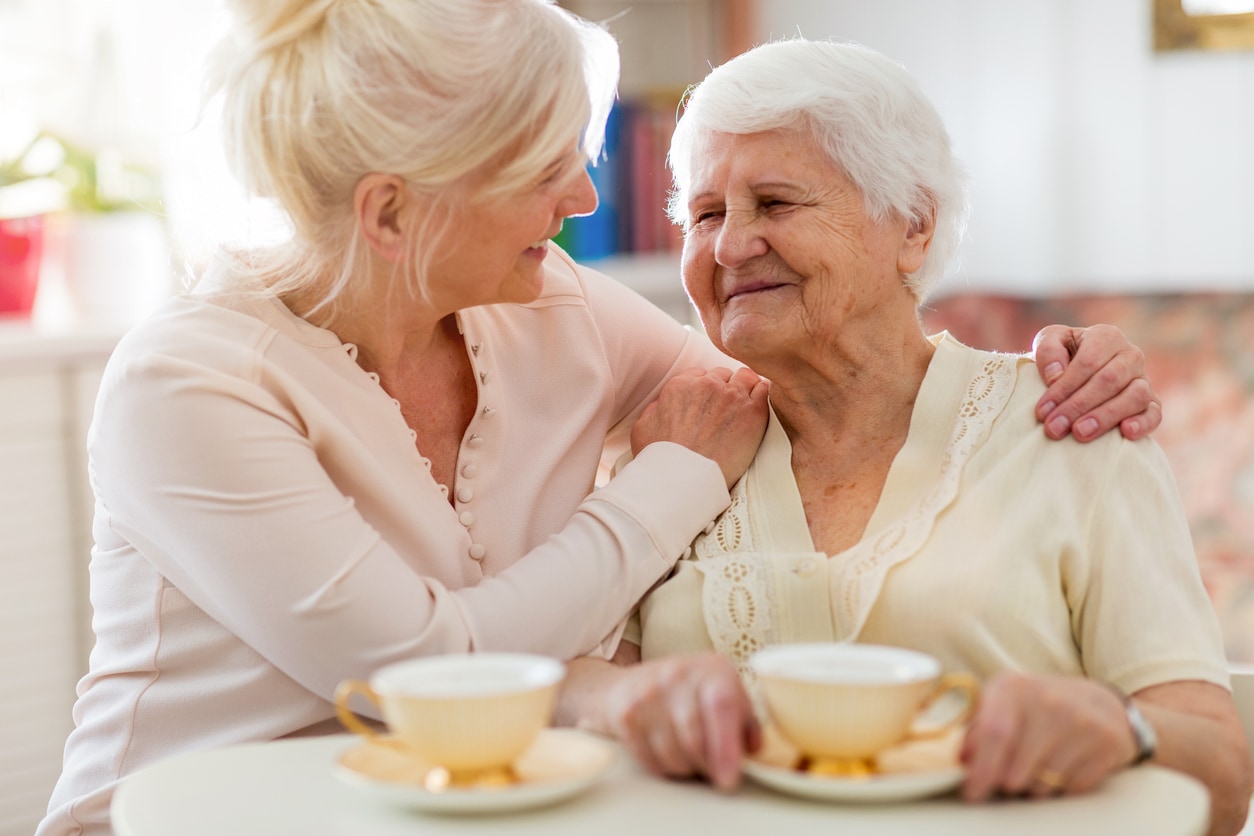Memory Loss Among Caregivers

Subjective cognitive decline (SCD) is defined as self-reported memory problems that have been getting worse over the past year. A new CDC study found that about 1 in 8 unpaid caregivers who are 45 or older has SCD. SCD was more common among caregivers (12.6%) than noncaregivers (10.2%).
The result is tens of thousands of people are reporting signs that their memory is getting worse. Compared to noncaregivers, SCD was more common among caregivers who were men, employed, and aged 45 to 64 and who have chronic health conditions.1
Millions of adults could not maintain their independence without the support of unpaid caregivers. As the older adult population continues to increase, caregivers will be relied on more than ever to provide support to family members and friends.2 In the United States, 79% of caregivers provide care for adults 50 or older, and 76% of care recipients are 65 or older.3
Caregiving often requires cognitive accuracy. Almost 80% of caregivers [PDF – 561KB] help manage household tasks, such as finances, cleaning, and preparing meals. More than 50% help with personal tasks, such as managing medications, feeding, dressing, or bathing.
Nearly 1 in 5 caregivers reports fair or poor health,4 and those with SCD are more likely to have at least one chronic health condition.1 SCD and other health conditions may affect a caregiver’s ability to provide care for their family and friends, including their ability to manage appointments and medicines.
Caregivers can help reduce their risk for memory loss by making positive lifestyle choices. These choices include being physically active, eating healthy meals, getting enough sleep, drinking alcohol in moderation, and not smoking.
To avoid creating more stress for themselves, caregivers can make these changes gradually. For example, getting an additional 30 minutes of sleep at night, getting an annual physical exam, or simply taking a walk every day may make a big difference in cognitive health. Caregivers should talk to a medical professional if they feel their memory is changing or getting worse.
- Jeffers EM, Bouldin ED, McGuire LC, et al. Prevalence and characteristics of subjective cognitive decline among unpaid caregivers aged ≥45 years — 22 states, 2015–2019. MMWR Morb Mortal Wkly Rep. 2021;70(46):1591–1596. doi: 10.15585/mmwr.mm7046a1.PMID: 34793418
- Centers for Disease Control and Prevention. Aging and Health Matters Podcast. Memory Loss Among Caregivers. March 8, 2022. Accessed April 7, 2022. https://tools.cdc.gov/medialibrary/index.aspx#/media/id/594685
- National Alliance for Caregiving and AARP. Caregiving in the U.S. 2020: A Focused Look at Family Caregivers of Adults Age 50+. AARP; 2020. https://doi.org/10.26419/ppi.00103.022
- Edwards VJ, Bouldin ED, Taylor CA, Olivari BS, McGuire LC. Characteristics and health status of informal unpaid caregivers — 44 states, District of Columbia, and Puerto Rico, 2015–2017. MMWR Morb Mortal Wkly Rep. 2020;69:183–188. https://doi.org/10.15585/mmwr.mm6907a2